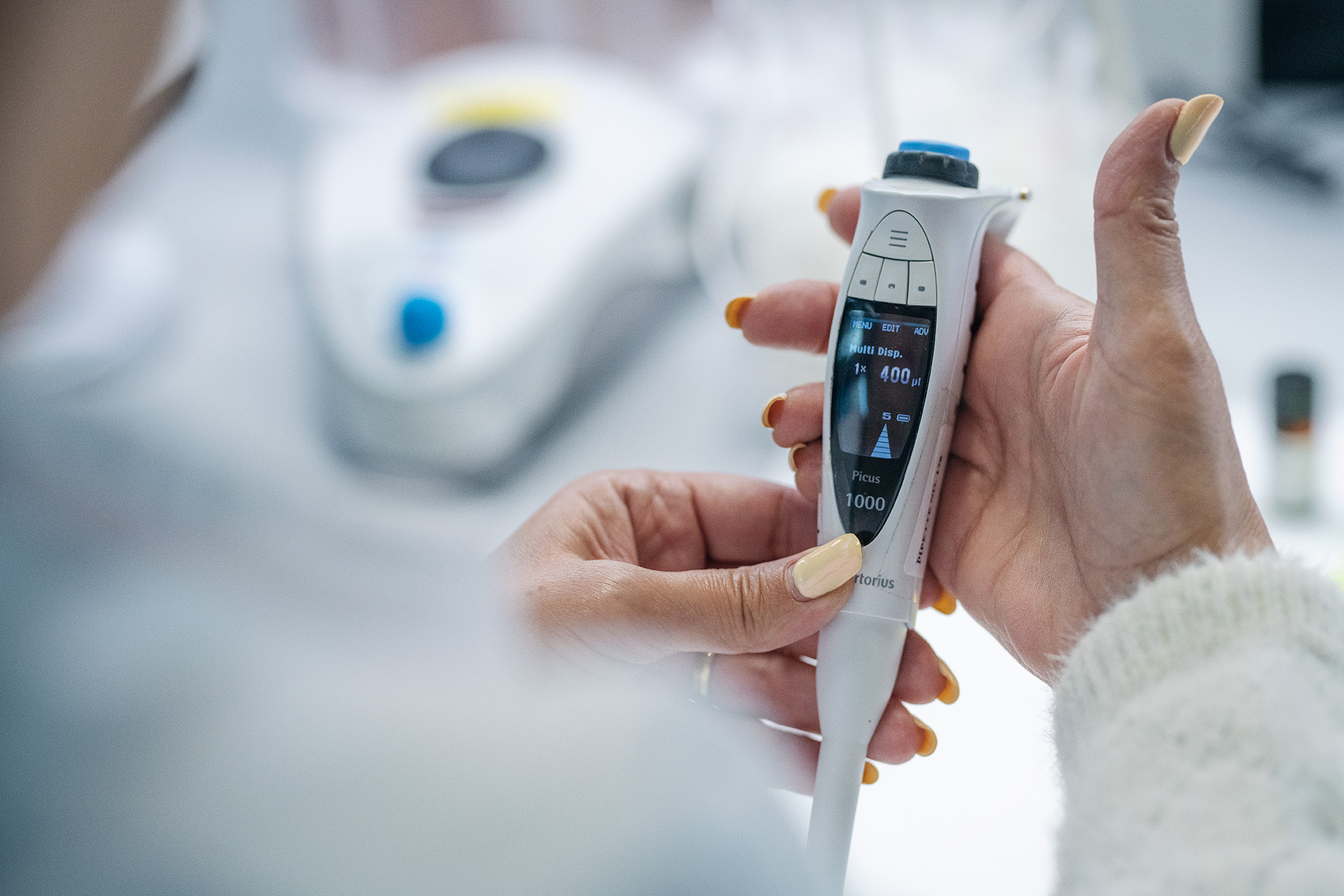Biomarkers are measurable indicators of biological processes, both normal and pathological, and are increasingly central to modern drug development and clinical decision-making. They enable objective assessments of disease presence, progression, and therapeutic response. From early preclinical studies to late-stage clinical trials, biomarkers improve the precision of drug development by guiding dose selection, predicting efficacy, monitoring on- and off-target effects, and identifying suitable patient populations.
This section outlines the clinical utility of biomarkers and underscores their strategic value in developing treatments that target not just symptoms, but the underlying mechanisms of organ dysfunction.










